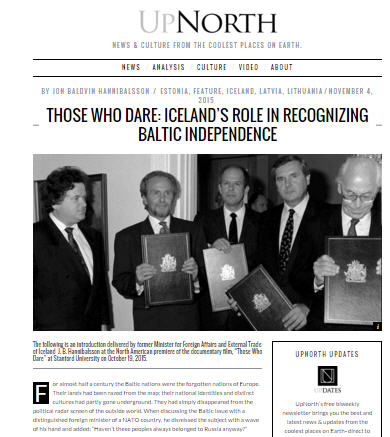A: The first thing to be said about it is that despite its name, neo-liberalism is neither new nor liberal. It is in fact the reincarnation of the 19th century laisser-faire economic theory. The essence of this creed is a naïve belief in the infallibility of markets and their innate ability to correct themselves. Both propositions have been proven false. After the systemic failure of laisser-faire capitalism and the subsequent Great Depression during the thirties of the last century, this ideology was thoroughly discredited.
HOW TO SAVE CAPITALISM FROM THE CAPITALISTS – AND DEMOCRACY FROM THE PLUTOCRATS?
„The market is a useful servant, but an intolerable master“(Tage Erlander, prime minister of Sweden 1946-69)
„The worship of the golden calf of old has found a new and heartlessimage in the cult of money and the dictatorship of financial markets, which are faceless and lacking any humane goal. – Money has to serve, not to rule“. (His holiness, Pope Francis, NYT, May 2013)
Q: How do you define the main characteristics of the neo-liberal creed?

